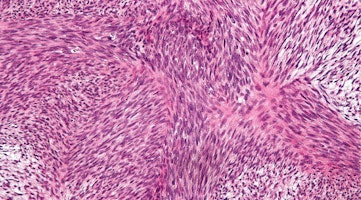Decoding the Dark Matter of the High-Risk Paediatric Cancer Genome

CBTN Data
CBTN Participants
Backer
Cancer Australia Grant (2019-21): Decoding the Dark Matter of the High-Risk Paediatric Cancer Genome
About this
Project
Precision oncology is the treatment of cancer that identifies and targets specific pieces of the cancer genome called driver mutations. Driver mutations are changes to DNA connected to the development of cancers. However, many pediatric cancers seem to lack driver mutations, making the application of precision oncology challenging. High-risk pediatric cancers have low survival rates, and despite best efforts using advanced DNA sequencing, very few mutations to explain this aggressiveness have been found. Researchers on this project propose that poor outcomes could be explained by mutations in the non-coding genome, pieces of DNA that do not instruct the production of proteins. Research will investigate these under-explored mutations, called somatic point mutations, in hopes of explaining poor outcomes and guiding new treatments. This innovative study will be the largest study of patients with cancers linked to these under-explored mutations to date.
Ask The
Scientists
What are the goals of this project?
This project will be the largest study focusing on the under explored mutations, somatic point mutations in the non-coding genome. This could lead to the development of targeted therapies for patients unable to be treated with precision oncology.
What is the impact of this project?
The broad dataset available through the Pediatric Brain Tumor Atlas gives researchers the information on rare tumors that they need to complete this innovative work.
Specimen Data
The Children's Brain Tumor Network contributed to this project by providing access to the Pediatric Brain Tumor Atlas
Meet The
Team
PI: Mark Cowley
Mark Pinese
Marie Wong-Erasumus
related
Histologies
All Brain Tumor Types

Malignant Peripheral Nerve Sheath Tumors
Malignant Peripheral Nerve Sheath Tumor, or MPNST, is a cancer of the cells that form the sheath that covers and protects peripheral nerves. Peripheral nerves are those outside of the central nervous system (brain and spinal cord). MPNST is a type of sarcoma. This cancer grows in the soft tissues of




